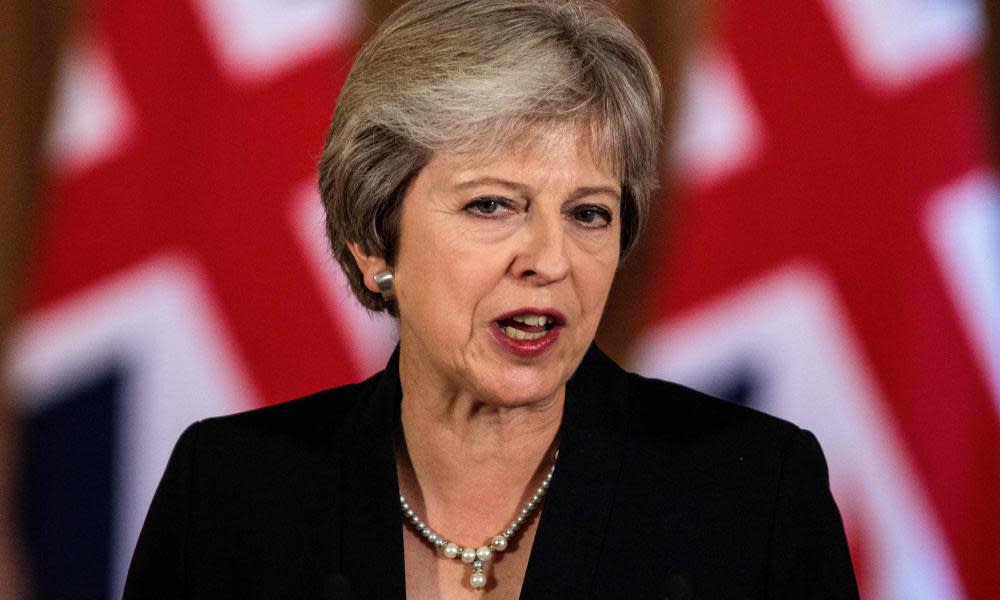UK faces darker hours before Brexit agreement is reached

The Salzburg summit looked messy on Thursday, and Theresa May looked thunderous on Friday as she spoke from Downing Street of an impasse in the Brexit talks and the need for mutual respect. But this isn’t the “darkest hour” of which EU diplomats talk when they plan how a deal might be struck by Brexit day on 29 March.
Brussels is well acquainted with being cast as the baddy by grandstanding prime ministers and ministers. Ruling out one Brussels-led policy in bellicose terms lets governments accept quietly something else that may only be slightly less toxic to the voters and domestic political alliances that give them power.
In May’s case, she ruled out the drawing of a customs border in the Irish Sea that would dislocate Northern Ireland from the rest of the UK. But EU diplomats, while somewhat surprised by the sudden spasm in the talks in Salzburg – a mixture of UK and EU miscalculations over language and tone – saw something else, too. The prime minister dropped her “take it or leave it” approach to the Chequers proposals. She demanded a counter-offer that she knows the EU is preparing to make ahead of an October summit. She also suggested that Northern Ireland could potentially abide by the EU’s regulations on goods, while the rest of the UK does not, as long as the NI executive agrees it. In doing so, she appeared willing to abandon a principal plank in the Chequers deal that the whole of the UK will stay in alignment through a common rulebook on goods.
If there are any doubts in Brussels that May has now accepted a Canada-style free trade deal as the likely landing zone, albeit with some bells and whistles to make it look like a compromise, Jeremy Hunt, the foreign secretary, was able to assuage them on the BBC’s Today show on Saturday. Asked twice to rule out such a deal, with the regulatory barriers on imports this involves, he did not do so.
But there’s a bigger, and intractable, row to come. May says she has ruled out a border between Northern Ireland and the rest of the UK for constitutional reasons. She may also have done this because the UK’s manufacturing sector is reliant on an absence of customs checks between Britain, Ireland and the continent. Yet the UK’s continued membership in a customs union has also been ruled out. The Brexiters see many of the Leave benefits as coming from the ability of global Britain to set its own tariff schedule on imports. Something has to give. Brussels is preparing for things to get much darker.

 Yahoo News
Yahoo News 
